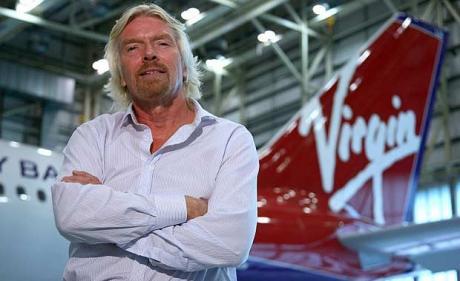
The candidates applying for PNRD Assam Recruitment 2021 should be registered in the Employment Exchange of Assam.
Panchayat & Rural Development (PNRD), Assam, has opened application process for Grade IV vacancies for Peon, PRI posts on the official website at http://pnrdassam.org/grade_four_recruitment/public/#/. The department has opened a total of 27 vacancies for the post of Grade-IV (Peon) - Head Quarter, whereas for Grade-IV (PRI Level), there are 350 posts lying vacant. The minimum eligibility criteria for candidates HSLC or an equivalent examination pass cerificate. The upper age limit for the PNRD Assam Recruitment 2021 candidates is 40 years as on January 1, 2021. Candidates applying for the Assam PNRD recruitment exam 2021 should also not be less than 18 years old.
The age criteria has also been relaxed for the candidates from some categories. Candidates who belong to the SC, ST(P) and ST(H) categories have a relaxation of five years on the upper age limit. Candidates from categories OBC/ MOBC have a relaxation of three years. The upper age limit has been relaxed by 10 years for the candidates belonging to the PWD category.
The PNRD online application process opened on January 27 and will continue till February 10.
How to apply for PNRD Assam Recruitment exam:
Step 1: Visit the website http://pnrdassam.org/grade_four_recruitment/public/#/Step 2: Click on the 'Apply' link available next to your desired postStep 3: A new page will open. Click on ‘Register Here’Step 4: Enter your details for the registration and log in to your account to fill the application form
Along with the application form, candidates have to present an employment certificate in the state of Assam. The candidates applying for the recruitment should be registered in the Employment Exchange of Assam.
The salary range for these positions is between Rs 12,000 to Rs 52,000.
















